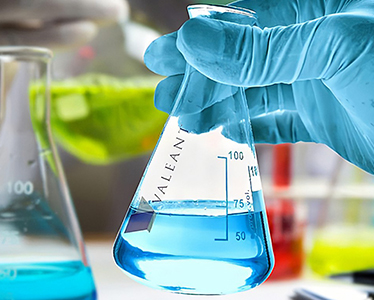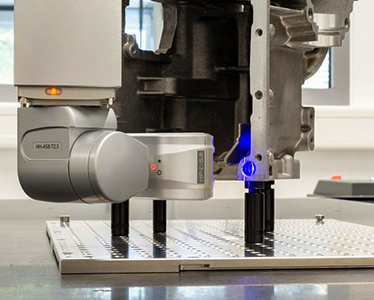Different Types of Forging Materials
2023-07-08
steel is the earliest and most used basic material in modern industry and one of the most used materials in Maple machinery. Carbon content is less than 2.11%, in addition to iron, carbon and a small amount of silicon, manganese, phosphorus, sulfur and other impurities, do not contain other alloying elements of iron-carbon alloy. The carbon content of industrial carbon steel is generally 0.05% ~ 1.35%. . The performance of carbon steel depends primarily on the carbon content. Increased carbon content, steel strength, hardness, plasticity, toughness and weldability decreased. Compared with other steels, carbon steel is the earliest to use, with low cost, wide performance range and maximum usage. It is suitable for water, steam, air, hydrogen, ammonia, nitrogen and petroleum products with a temperature of -30-425 degrees C for the nominal pressure PN of 32.0MPa.
Due to carbon steel has above characteristics, they are widely used in closed die forging. During forging, the material get better mechanical properties such as good strength, easily to cut, and more durable, more tight.
Alloy steel forgings
Alloy steel refers to steel containing silicon and manganese as alloy ingenium or deoxygenation elements, but also contains other alloy elements, and some also contain certain non-metallic elements of steel. According to the amount of alloy element slot in steel, it can be divided into low alloy steel, medium alloy steel and high alloy steel.
With different element inside the material, forged steel products perform different mechanical properties.
Silicon
Silicon significantly improves steel's elastic limit, yield point and tensile strength.
Manganese
When more than 0.70% Mn is added to carbon steel, the steel is not only stronger than the general carbon steel, but also has higher hardness, improves the quenching of steel, and improves the thermal processing performance of steel.
Chromium
Chromium significantly improves the strength, hardness and wear resistance of steel, but at the same time reduces plasticity and toughness. Chromium can also improve the oxidation and corrosion resistance of steel, so it is an important alloy element of stainless steel, heat-resistant steel.
Nickel
Nickel increases the strength of steel while maintaining good plasticity and toughness. Nickel has high corrosion resistance to acid and alkali, rust and heat resistance at high temperatures. However, since nickel is a scarce resource, it is important to use other alloy elements to replace nickel-chromium steel

























































